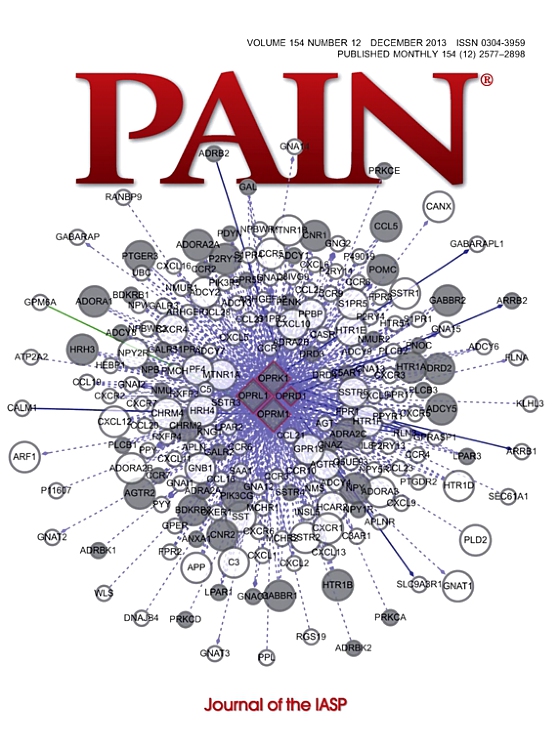Understanding the untreated course of adults with chronic pain seeking psychological intervention: a systematic review and meta-analysis.
IF 5.5
1区 医学
Q1 ANESTHESIOLOGY
引用次数: 0
Abstract
The untreated course of chronic pain is not well understood, despite the importance of this information for treatment planning and benchmarking. This study examined symptom change over time and potential moderators in control groups of people seeking psychological pain management for chronic pain. After preregistration, we conducted a systematic literature search for RCTs of psychologically based treatment for chronic pain, which included a control condition whereby participants do not receive treatment (ie, waitlist control or no-treatment control). Meta-analyses were performed to determine that magnitude of symptom change across the control period for pain intensity, disability/interference, depression, and anxiety. Several potential moderators were also analysed. Data were extracted from 52 eligible studies (n = 2190), and the average control period was 13.5 weeks (range: 3-34). Overall, untreated participants demonstrated very small but statistically significant improvements in pain intensity (g = -0.07; CI: -0.13, -0.01) and disability/interference (g = -0.07; CI: -0.12, -0.01) over the control period. No significant change in depression (g = -0.06; CI: -0.11, 0.00) and anxiety (g = -0.05; CI: -0.11, 0.01) symptoms were observed. Some moderators were found. The findings suggest that people with chronic pain do not deteriorate or improve while waiting short periods of time for psychologically based pain management programs, contrary to some previous reports. Instead, the findings suggest that symptoms are relatively stable. These findings may be helpful for treatment and service planning as well as benchmarking activities concerning psychologically based pain management.了解未治疗的成人慢性疼痛寻求心理干预的过程:系统回顾和荟萃分析。
尽管这一信息对治疗计划和基准制定很重要,但未经治疗的慢性疼痛过程尚不清楚。这项研究考察了在寻求慢性疼痛心理治疗的控制组中,症状随时间的变化和潜在的调节因素。在预登记后,我们对慢性疼痛心理治疗的随机对照试验进行了系统的文献检索,其中包括参与者不接受治疗的对照条件(即等候名单对照组或无治疗对照组)。进行荟萃分析以确定疼痛强度、残疾/干扰、抑郁和焦虑在整个控制期的症状变化幅度。还分析了几种可能的调节因素。数据来自52项符合条件的研究(n = 2190),平均对照期为13.5周(范围:3-34周)。总体而言,未经治疗的参与者在疼痛强度方面表现出非常小但具有统计学意义的改善(g = -0.07;CI: -0.13, -0.01)和残疾/干扰(g = -0.07;CI: -0.12, -0.01)。抑郁无显著变化(g = -0.06;CI: -0.11, 0.00)和焦虑(g = -0.05;CI: -0.11, 0.01)。找到了一些版主。研究结果表明,与之前的一些报道相反,患有慢性疼痛的人在等待心理疼痛管理项目的短时间内不会恶化或改善。相反,研究结果表明,症状相对稳定。这些发现可能有助于治疗和服务计划以及有关心理疼痛管理的基准活动。
本文章由计算机程序翻译,如有差异,请以英文原文为准。
求助全文
约1分钟内获得全文
求助全文
来源期刊

PAIN®
医学-临床神经学
CiteScore
12.50
自引率
8.10%
发文量
242
审稿时长
9 months
期刊介绍:
PAIN® is the official publication of the International Association for the Study of Pain and publishes original research on the nature,mechanisms and treatment of pain.PAIN® provides a forum for the dissemination of research in the basic and clinical sciences of multidisciplinary interest.
 求助内容:
求助内容: 应助结果提醒方式:
应助结果提醒方式:


